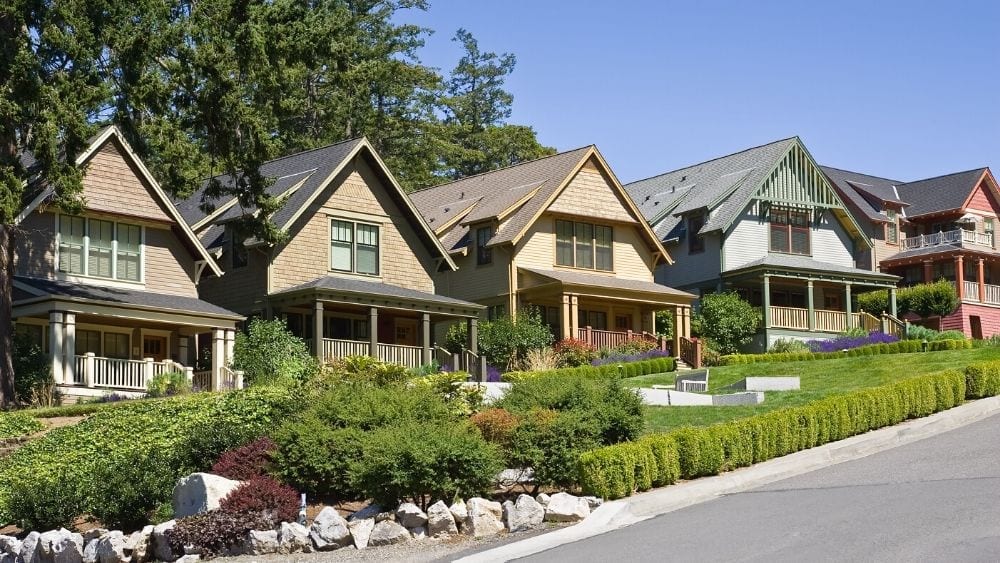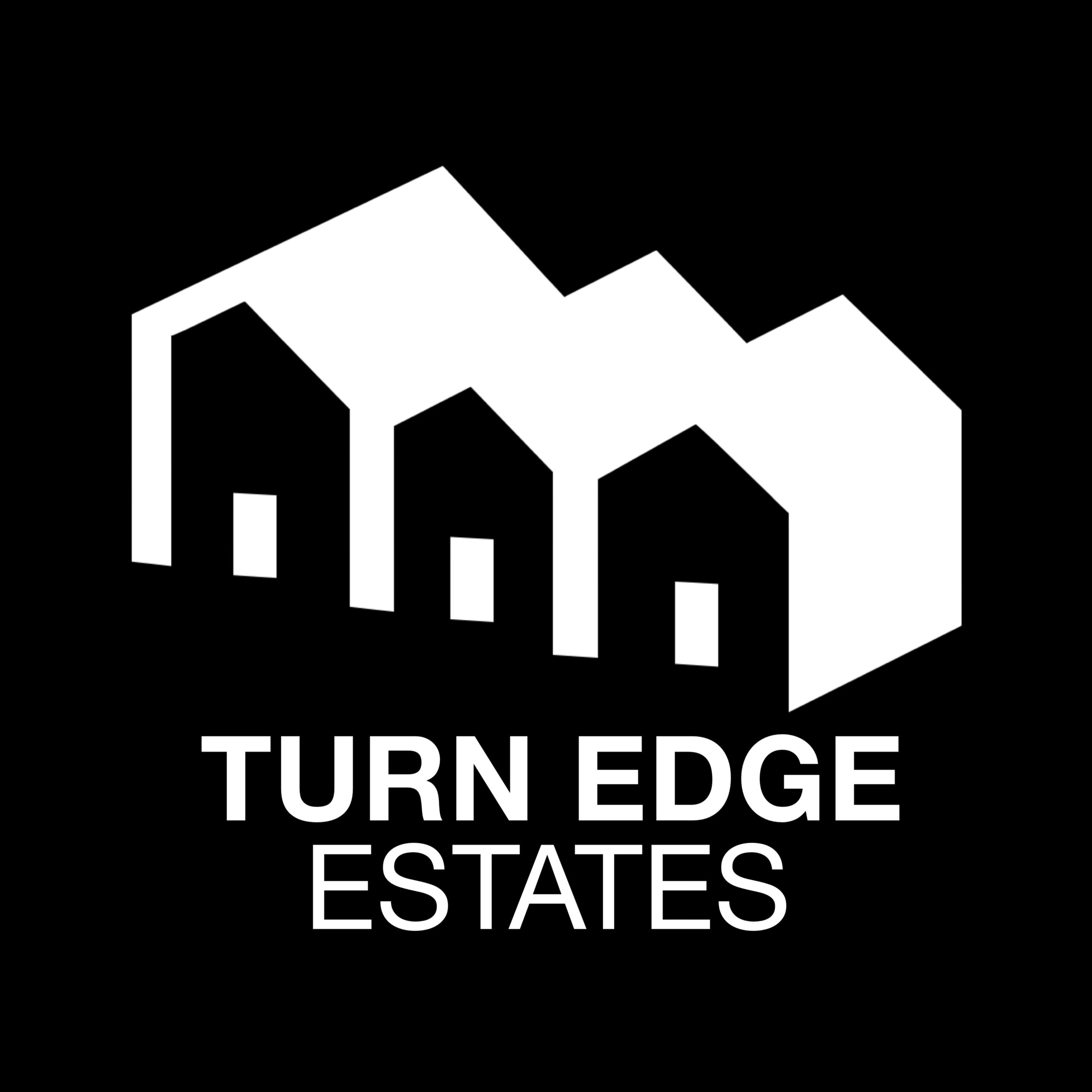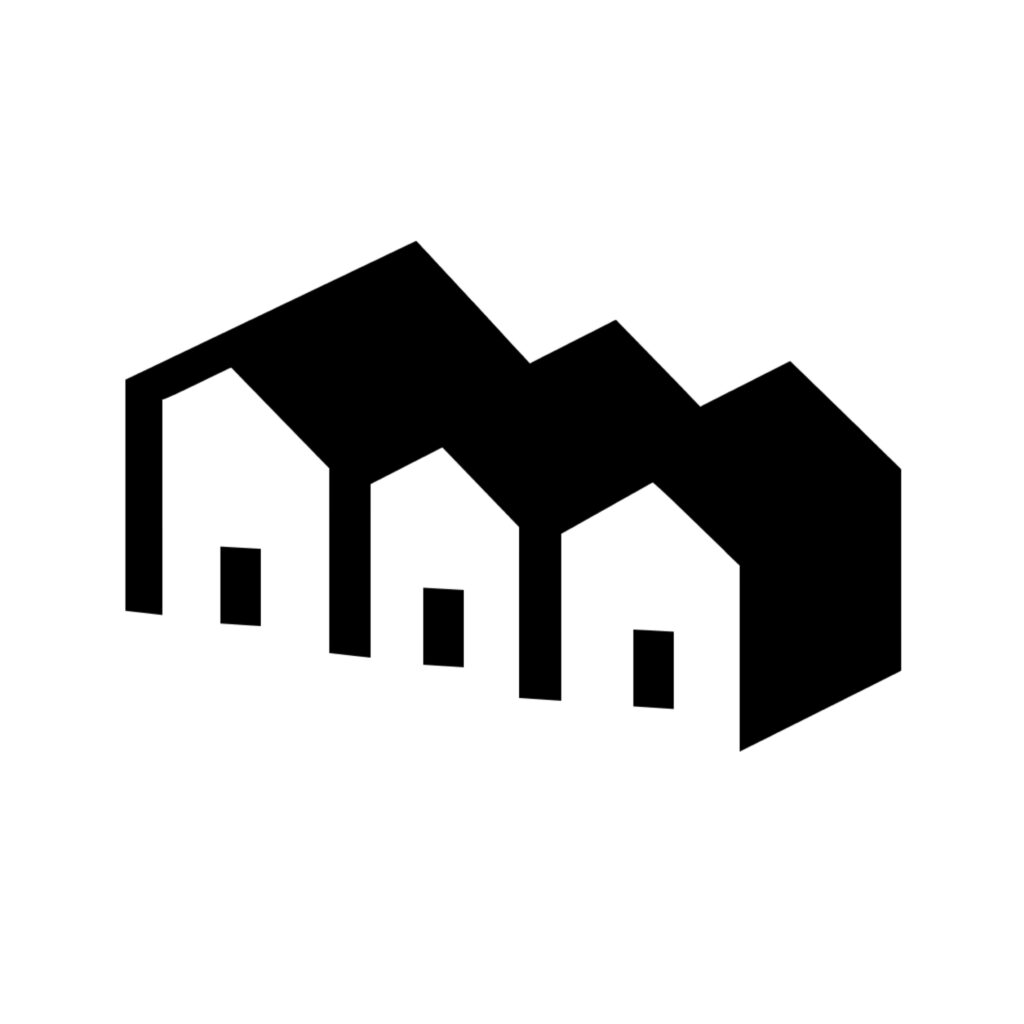Charlotte, North Carolina, has quickly become one of the nation’s fastest-growing real estate markets. With new businesses moving in, people relocating for jobs, and constant suburban expansion, property values across the city and surrounding areas continue to rise. For investors, the big question isn’t whether to buy in the Charlotte area—it’s what to buy. Should you put your money into a piece of land with future potential, or purchase a house that can generate income right away?
Truthfully, the answer isn’t the same for everyone. In this article, we’ll explore the differences between investing in land and buying houses in the Charlotte area. We’ll look at the benefits, risks, and practical factors you need to weigh in.
Key Takeaways: Charlotte Area Land vs. House
- Land investing can be more affordable and benefits from the Charlotte area’s population growth driving long-term appreciation
- Land carries risks like no immediate cash flow and zoning hurdles
- Houses generate rental income right away and are easier to finance with traditional mortgages
- Houses require higher maintenance costs and ongoing upkeep
- The best choice between land and house investing depends on your goals—land suits long-term investors, houses fit those seeking steady income, and many investors use both
The Case for Land Investing in the Charlotte Area
For many investors, land is appealing because of its simplicity and versatility. Unlike a house, undeveloped land doesn’t come with the stress of leaking roofs, tenant issues, or constant repairs. Once purchased, the ongoing costs are typically limited to property taxes and light upkeep, making it a low-maintenance way to get into real estate. But what really makes land stand out are the unique advantages it offers in terms of affordability, appreciation potential, and flexibility—three factors that continue to drive interest in Charlotte and its surrounding areas.

Affordability & Accessibility
One of the strongest advantages of buying land is that upfront costs are often lower than purchasing a house. While land within Charlotte itself can still offer good opportunities, prices can be even more affordable in nearby counties such as Gaston, Iredell, and Cabarrus. These areas provide investors with the chance to secure parcels at a lower entry point, making land ownership attainable even for those who may not yet be ready to finance a full house purchase.
Potential for Long-Term Appreciation
Charlotte’s rapid population growth is fueling both residential and commercial development, which in turn is driving up the value of land across the area. According to The Charlotte Observer, Charlotte’s population has grown by 8% since 2020 and the Charlotte area’s six largest cities and towns (Concord, Gastonia, Rock Hill, Huntersville, Kannapolis, Mooresville) have combined to grow at a 7.6% growth rate over the same time period. As a result, areas that once felt underutilized are becoming more attractive as demand for housing and businesses spreads outward. With more people continuing to move in, land values naturally rise alongside this wave of development, making it a strong option for long-term appreciation.
Flexibility of Use
Another reason land is attractive is its flexibility. You can hold it and sell it later, subdivide it into smaller lots, or develop it yourself when the time is right. Some investors even use land for agricultural leases, timber, or recreational purposes in the short term, generating small but steady income streams while waiting for appreciation.
The Downsides of Land Investing
The very simplicity that makes land investing attractive can also be a drawback. Unlike a house, land won’t provide cash flow in the form of rent. You might own a parcel for years without earning a dime, unless you find creative uses for it.
Financing can also be tricky. Banks are generally more cautious when lending for vacant land because it’s harder to value and resell compared to a home. That means you may need a larger down payment, and interest rates on land loans can be higher.
Finally, zoning and permitting issues can create challenges. Just because you own a parcel doesn’t mean you can automatically build what you want. Charlotte and surrounding counties have specific rules about land use, so investors need to do their research before buying.
The Case for Making a Home Investment in the Charlotte Area
On the other side of the equation is investing in houses, which has long been a staple in the Charlotte area’s real estate market. Single-family homes, in particular, have proven to be a reliable choice for investors, offering steady demand and multiple ways to generate returns. While owning a house comes with more responsibilities than holding land, the financial benefits can begin almost immediately and build steadily over time through income, financing advantages, and long-term equity growth.

Immediate Income Potential
Perhaps the biggest benefit of buying a house is the ability to generate rental income right away. Whether you choose to rent to long-term tenants or use a property for short-term rentals like Airbnb, a house can start paying you back almost immediately.
Financing Advantages
Banks are more willing to lend money for homes than for vacant land. Mortgages for residential property typically come with lower interest rates and longer repayment terms. This makes it easier to leverage your investment and potentially buy multiple properties.
Tax Benefits and Equity Growth
Owning a house also provides potential tax benefits. Mortgage interest and property expenses may be deductible, which can lower your taxable income. At the same time, you’re building equity as tenants pay down the mortgage. Over time, this can make houses a powerful wealth-building tool.
The Downsides of Home Investing
Houses aren’t without their headaches. Tenants can be unpredictable and even with careful screening, you may encounter late payments, property damage, or vacancy periods. On top of that, maintenance costs can add up quickly. From HVAC systems to plumbing repairs, a home requires ongoing attention and capital.
Additionally, houses typically have more expensive entry purchase prices than land. That higher cost can be a barrier for new investors, or it may limit how many properties you can acquire.
Risks to Weigh Carefully for Charlotte Area Real Estate Investors
When comparing land and houses, it’s not about which one is “better” overall—it’s about which one aligns with your investment strategy. Land requires patience and a long-term vision, while houses demand more hands-on management but can provide more immediate returns.
Think of it this way: land is a slow burn. It sits quietly in your portfolio, appreciating over time, and eventually pays off when growth catches up to it. Houses are more active investments. They require effort and attention but can reward you with steady monthly income.
What Charlotte Area Real Estate Investors Should Consider
In the Charlotte area’s current market, both house and land investing can be rewarding. If you’re drawn to long-term stability and low-maintenance investing, land in Charlotte’s growing areas may be the right choice. If you prefer immediate income and want to take advantage of Charlotte’s rental demand, buying houses closer to the city center or in established neighborhoods could be smarter. Some investors even combine the two approaches. For example, they may purchase land in up-and-coming areas for future development while also operating rental properties in the city for steady cash flow. This diversification spreads out the risks and balances short-term income with long-term growth.
Bottom Line
There’s no one-size-fits-all answer to whether land or houses make the smarter investment in the Charlotte area. Both have clear advantages, and both come with risks. What matters most is your financial situation, your tolerance for risk, and your timeline.
If you’re looking for a lower-cost, low-maintenance way to benefit from Charlotte’s growth, land can be a powerful choice. If you want faster returns and a more active role in managing your investment, houses may be the better fit. Either way, the Charlotte area’s booming real estate market offers opportunities for those who are ready to act.
Turn Your House or Land into Cash with Turn Edge Estates
Ready to sell your house or land in Charlotte? At Turn Edge Estates, we make the process simple with fair cash offers, no repairs, and no hidden fees. Whether you’re ready to move on quickly or just want a hassle-free sale, our team is here to help. Contact us today and turn your property into cash—on your terms.

